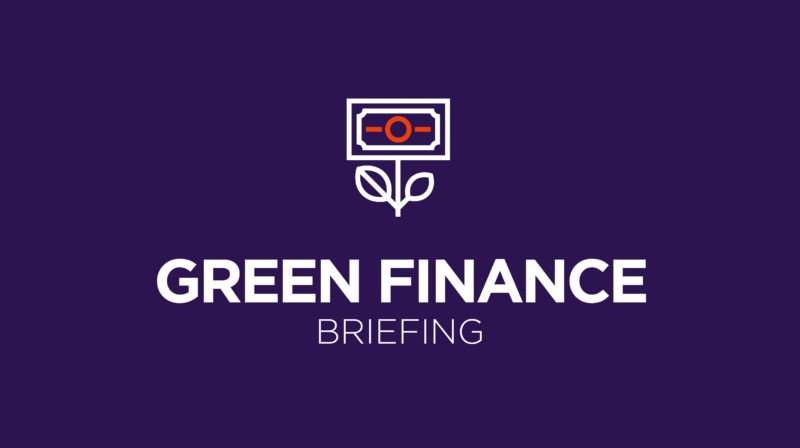Green Finance, Member Exclusive
Green Finance Briefing: ESG giving rise to a new political divide
- ESG is now at the center of a political divide in the US, as Democrats are pushing for policy change while Republicans question their methodologies and intentions.
- We also look at the rise in federal climate spending, and John Oliver's new episode that explores the topic of greenwashing.





